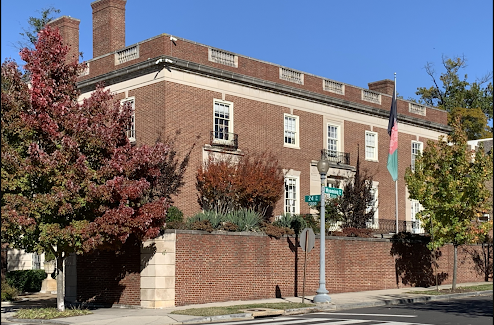The problem of Bacha bazi through an anthropological lens
In the midst of the ongoing violence against women in Afghanistan by the Taliban, an article by Ali Abdi, a Ph.D. candidate in Anthropology at Yale University, offers insight into the complex issues of gender and sexuality in the country. Entitled "The Afghan Bachah and its Discontents: An Introductory History," the piece delves into the historical, social, political, and cultural factors that have shaped and continue to shape the practice of "bacha bazi," or the exploitation of young boys for entertainment, sexual pleasure, or aesthetic matters, as the author explains.
Despite the abhorrent nature of the practice, little research has been done on the topic. Abdi's article breaks new ground in its in-depth examination of the various dimensions of bachah bazi and its place in a larger historical context through an anthropological lens. The issues it raises are particularly relevant in the current climate, where women are once again being banned from education, employment, and public life under the Taliban.
However, the article does have some limitations, including a tendency to generalize the culture of bachah bazi to all Afghanistanis.* It is essential to recognize that Afghanistan is a diverse country with a complex history and that bacha bazi is primarily associated with specific ethnic groups, such as the Pashtuns, Tajiks, and Uzbeks. To characterize the entire nation as participating in or condoning this practice would be unfair. Bachah Bazi has no place in the Hazara culture and has been considered an abhorrent practice. These small nuances help us understand that Afghanistan is diverse in its people and cultures, something that has been overlooked so far. Ignoring cultural specificity is failing to notice ethnic and cultural differences, the very thing that people's identities and values are built upon.
*Afghanistani is an inclusive term used for all inhabitants of Afghanistan versus Afghan, which is an ethnonym for Pashtuns.




